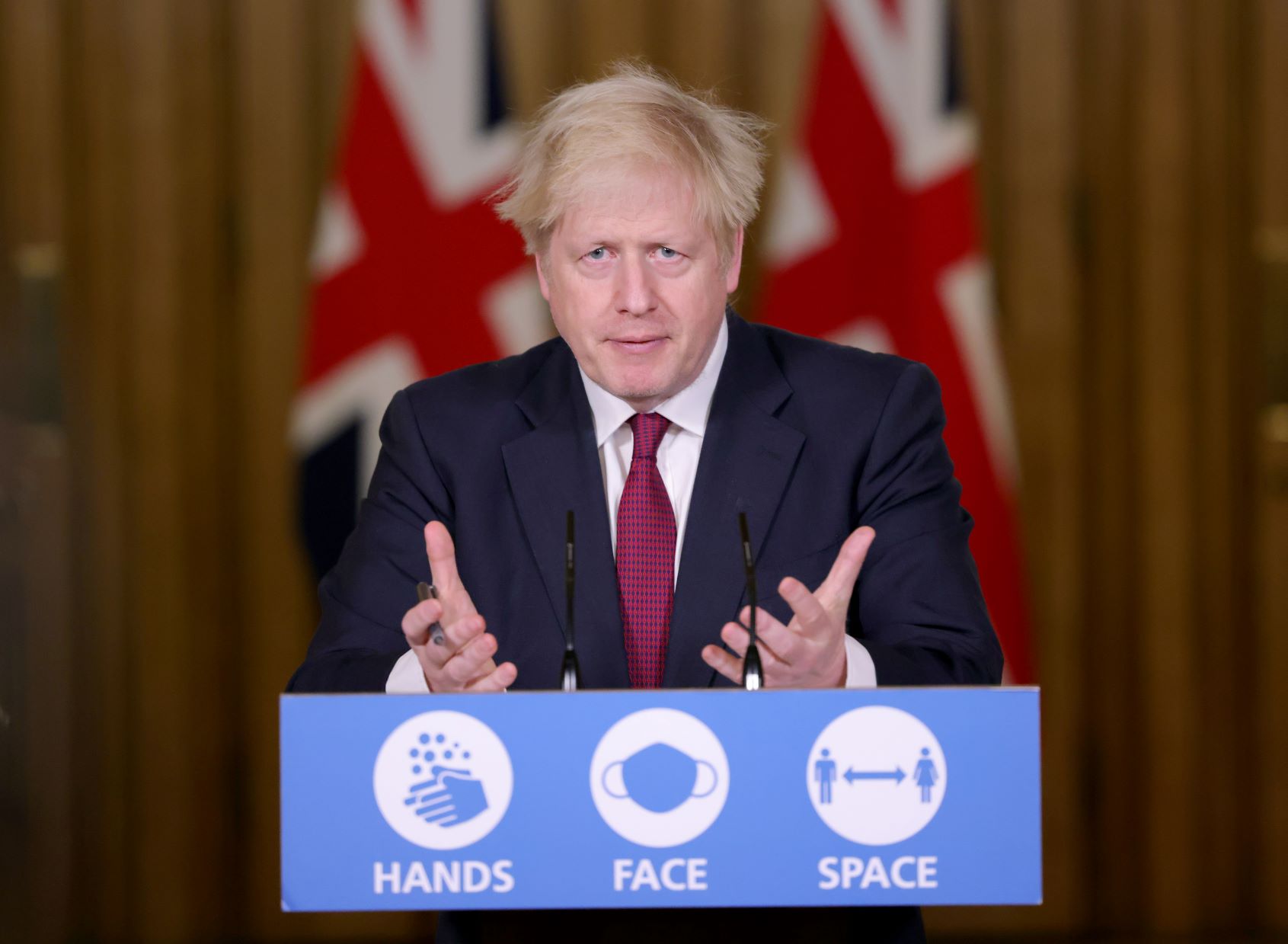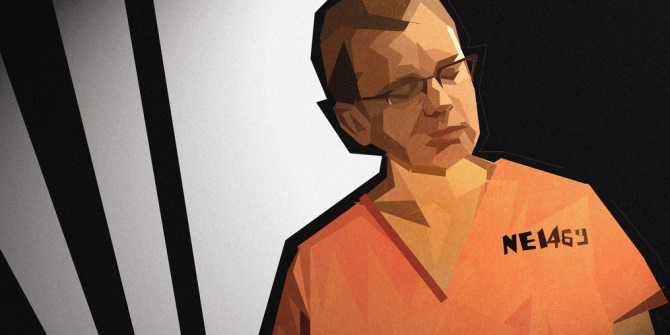The recent furore over the unmasking of holders of super-injunctions via Twitter has led some to claim that in the social media age, clamping down on privacy by governments will fail. Dr Paul Reilly looks at two recent cases that seem to show the situation is not quite that clear.
Last month, Eric Schmidt used his keynote speech at the Google Big Tent UK to criticise those governments who pass ‘foolish’ laws designed to protect privacy in online spaces. The former Google CEO did not refer directly to the UK in his speech, but the implicit message to fellow keynote speaker Jeremy Hunt, Secretary of State for Culture, was clear: government measures to protect privacy are unlikely to succeed in the social media age.
So has the internet, and micro-blogging site Twitter in particular, killed privacy? Well, not quite, though it clearly helps if you have lots of money and access to legal expertise. This may seem counter-intuitive given the recent spate of super-injunctions that ultimately failed to prevent revelations about the private lives of footballer Ryan Giggs and former RBS Chief Executive Fred Goodwin entering the public domain courtesy of Twitter and the use of parliamentary privilege by two MPs. However, there were two landmark legal cases in the past month that I think may prove significant as the UK parliament considers the balance between the right to privacy and freedom of expression on sites such as Twitter.
First, South Tyneside council used Californian law to force Twitter to hand over user details relating to a blogger (“Mr Monkey”) who had used the site to post libellous remarks about several of its members. The council lodged a subpoena in San Mateo County that requested access to the name, address and registration information of “Mr Monkey,” who was linked to five Twitter accounts used to defame several councillors. While the council has yet to take further legal action against the user alleged to be “Mr Monkey,” the case suggests that those who use Twitter to break super-injunctions or for the defamation of individuals can no longer assume they are immune from prosecution for such transgressions.
The cost of South Tyneside’s subpoena has not yet been disclosed but is said to be in the region of several hundred thousand pounds. This would appear to suggest that the right to privacy and the ability to respond to defamatory remarks might come at a very high cost on sites such as Twitter compared to traditional media outlets.
However, the second significant legal case involving the use of Twitter in the past month suggests this may not hold true in all cases. Ian Puddick, a plumber from North London, was cleared of using Twitter to harass millionaire city broker Tim Haynes after finding out about his affair with his wife. During the trial Haynes claimed that the publication of sexually explicit emails detailing the affair had caused significant personal distress not only him but also to his family, friends and colleagues. Mr Puddick argued that he had a right to expose Haynes’s behaviour and his misuse of company expenses during the affair. After District Judge Elizabeth Roscoe dismissed the claims of harassment, Mr Puddick claimed: “it is a victory for free speech”. On this occasion the right to freedom of expression was clearly considered inviolable despite claims that it had implications for the privacy of another individual.
What these two cases demonstrate is the extent to which UK privacy law remains in flux. It will be interesting to see what proposals emerge from the privacy committee set up by the UK government in the wake of the super-injunction furore. Clearly, it is too early to make predictions on what this review will mean for privacy in the Information Age. However, I think it would be premature to say that Twitter has killed privacy completely. The perceived anonymity of the micro-blogging site does not necessarily mean that users can act with impunity, as demonstrated by the South Tyneside case. Personally, I would still be wary of what I post on Twitter. As one colleague remarked at a recent conference: ‘The internet never forgets.’
This post was first published in Leicester Exchanges, University of Leicester’s debate blog.
Please read our comments policy before posting






